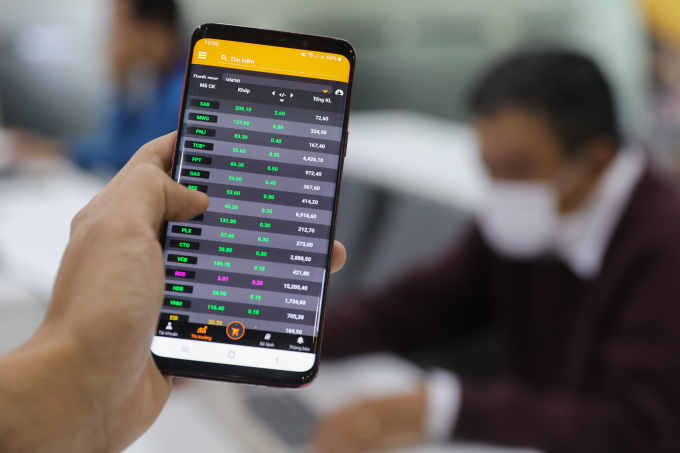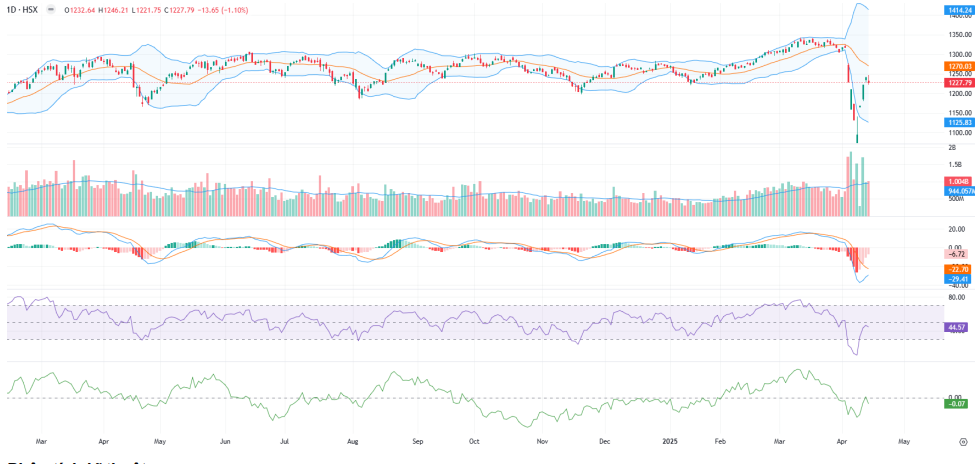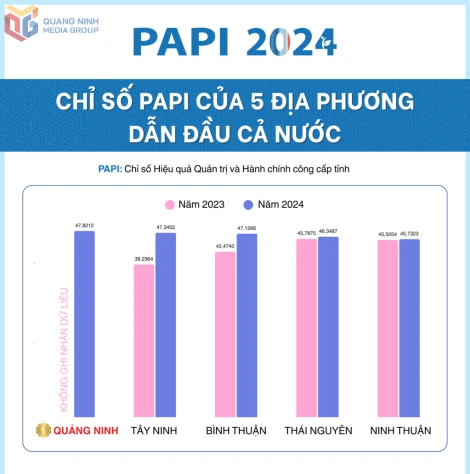Experts emphasize the importance of early investment because the financial market does not require too much capital but requires skills and experience.
I am 26 years old, working in a company with a salary of around 10 million VND per month. I want to learn about financial investment but do not know where to start and how to start? Do I need to accumulate idle money before learning and participating in investment? I hope to get expert advice for young people like me who know nothing about finance.
Hien111

Investors are trading stocks at a headquarters in District 1 (HCMC), January 2020. Photo: Quynh Tran
Consultant:
There is an old Chinese proverb that says, “The best time to plant a tree was twenty years ago. The second best time is today.” This saying can actually be applied to many different aspects of life, including investing and accumulating wealth.
Starting to save and invest as early as possible can bring many benefits in the long run. Consider the following example. Suppose a person starts investing with a capital of 100 million VND and is able to generate an average profit of 10% per year over many years. After 10 years, the total value of this investment will reach 259.3 million VND. And after 30 years, this figure will reach more than 1.7 billion VND. Similarly, after 40 years, it will be more than 4.5 billion VND, which is 45 times the initial capital. This shows the importance of investing early.
In your case, I share some advice as follows.
First, you should improve your knowledge and skills at work to increase your income in the long term. Increasing your income in the long term, combined with good control of your expenses, will help you have more capital to invest. This is the most important premise in the process of accumulating assets for young people.
Next, equip yourself with thorough financial knowledge. Financial markets are inherently complex. Start by doing your own research and taking training courses on investing and financial products. There are many online resources, books, and courses available that can help you gain a basic understanding of investing. Always remember that any investment product has two basic elements: expected return and risk. High returns come with high risk and vice versa.
You should set clear financial goals. Define your financial goals, answering the question "what are you investing for?". It could be for retirement, buying a house, a car, or simply saving money for travel. Understanding your goals will help determine your investment strategy.
You also need to keep a budget in mind. It is important to understand your current financial situation. Create a budget to track your income, expenses, and savings. This will help you determine how much money you can invest. Try to set aside about 20-30% of your monthly income for savings and investments. Always remember that what is left after saving should be spent, not the other way around.
In addition, before you start investing, you should have an emergency fund. This fund should cover at least three to six months of living expenses. This will protect you from unexpected financial situations.
You can start small, not a large sum. Investing in stocks now only requires a nominal amount of capital. So start learning and practicing investing with a small amount of money, and gradually increase it over time.
When investing, understand what you are investing in. The most important thing is to understand how you expect this asset to return in the future and what risks you will face in investing in it. This may sound simple, but in reality, it requires a lot of knowledge, skills and experience.
Diversifying your investment portfolio is important to manage risk. Consider spreading your budget across different asset classes to minimize the impact of making the wrong investment choice.
You also need to learn patience because investing is a long-term business. Don’t expect immediate results and be prepared for market fluctuations. Patience is a valuable quality in investing.
In addition, you can seek solutions from professional fund management units. Participating in investing in financial products without adequate knowledge and experience can easily lead to losses. You can refer to the services of professional fund managers. Investment funds will have a team of experienced experts and long-term operations in the Vietnamese financial market.
Pham Le Duy Nhan
Head of Portfolio Management
Vietcombank Fund Management Company (VCBF)
Source link


![[Photo] Welcoming ceremony for Prime Minister of the Federal Democratic Republic of Ethiopia Abiy Ahmed Ali and his wife](https://vstatic.vietnam.vn/vietnam/resource/IMAGE/2025/4/15/77c08dcbe52c42e2ac01c322fe86e78b)
![[Photo] General Secretary To Lam meets with veteran revolutionary cadres, meritorious people, and exemplary policy families](https://vstatic.vietnam.vn/vietnam/resource/IMAGE/2025/4/15/7363ba75eb3c4a9e8241b65163176f63)
![[Photo] National Assembly Chairman Tran Thanh Man attends the summary of the organization of the Conference of the Executive Committee of the Francophone Parliamentary Union](https://vstatic.vietnam.vn/vietnam/resource/IMAGE/2025/4/15/fe022fef73d0431ab6cfc1570af598ac)

![[Photo] Ho Chi Minh City after 50 years of national reunification through buildings and symbols](https://vstatic.vietnam.vn/vietnam/resource/IMAGE/2025/4/15/a224d0b8e489457f889bdb1eee7fa7b4)
![[Photo] Air Force actively practices for the April 30th celebration](https://vstatic.vietnam.vn/vietnam/resource/IMAGE/2025/4/15/16fdec3e42734691954b853c00a7ce01)























































































Comment (0)